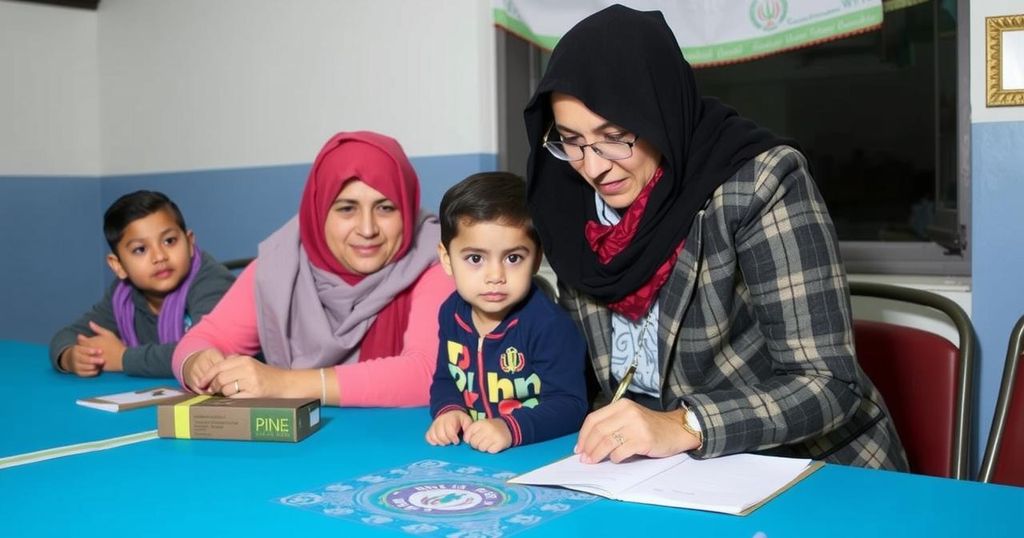The WFP is dedicated to assisting Iran in managing the refugee crisis, particularly the influx of Afghans, while advocating for stronger international cooperation. Iran emphasizes the increasing challenges in supporting refugees and the pressing need for adequate financial and logistical backing from international organizations, especially the UNHCR, to meet basic needs.
The World Food Program (WFP) has reaffirmed its commitment to support Iran in its efforts to host a significant number of refugees, as stated by Maysaa Alghribawy, the newly appointed WFP representative in Iran. In a meeting with Iranian Foreign Minister Abbas Araghchi, Alghribawy called for increased cooperation to tackle the challenges faced by refugees and enhance food security initiatives. Currently, nearly six million Afghans, both documented and undocumented, reside in Iran, with about 4,000 entering daily, making it essential for the international community to engage in collaborative solutions.
As Iran grapples with a growing influx of refugees, officials have suggested a reevaluation of immigration policies should the international community fail to share the responsibility effectively. In light of the financial pressures on Iran due to the increasing refugee population, there is a pressing need for the United Nations High Commissioner for Refugees (UNHCR) to provide adequate support for educational and infrastructural developments. The Iranian authorities emphasize that humanitarian needs should remain distinct from political issues and have expressed a readiness to collaborate with financial partners to address these challenges.
Iran has been one of the largest hosts of refugees in the region, predominantly from Afghanistan. The continued influx of Afghan nationals is largely attributed to various regional crises, prompting their migration. As the number of refugees rises, so do the challenges in providing them with essential services, including education and healthcare. The Iranian government faces increasing pressure on its resources, necessitating international cooperation to address the humanitarian crisis and ensure sustainable support for the refugee population.
In conclusion, the WFP’s commitment to support Iran underscores the importance of collaborative efforts to address the humanitarian challenges stemming from the refugee crisis. With a substantial Afghan population in Iran and the growing demand for educational and social services, it is crucial for international organizations and countries to work together in providing assistance. Without shared responsibilities and adequate funding, the Iranian government may be compelled to reconsider its refugee policies.
Original Source: www.tehrantimes.com






